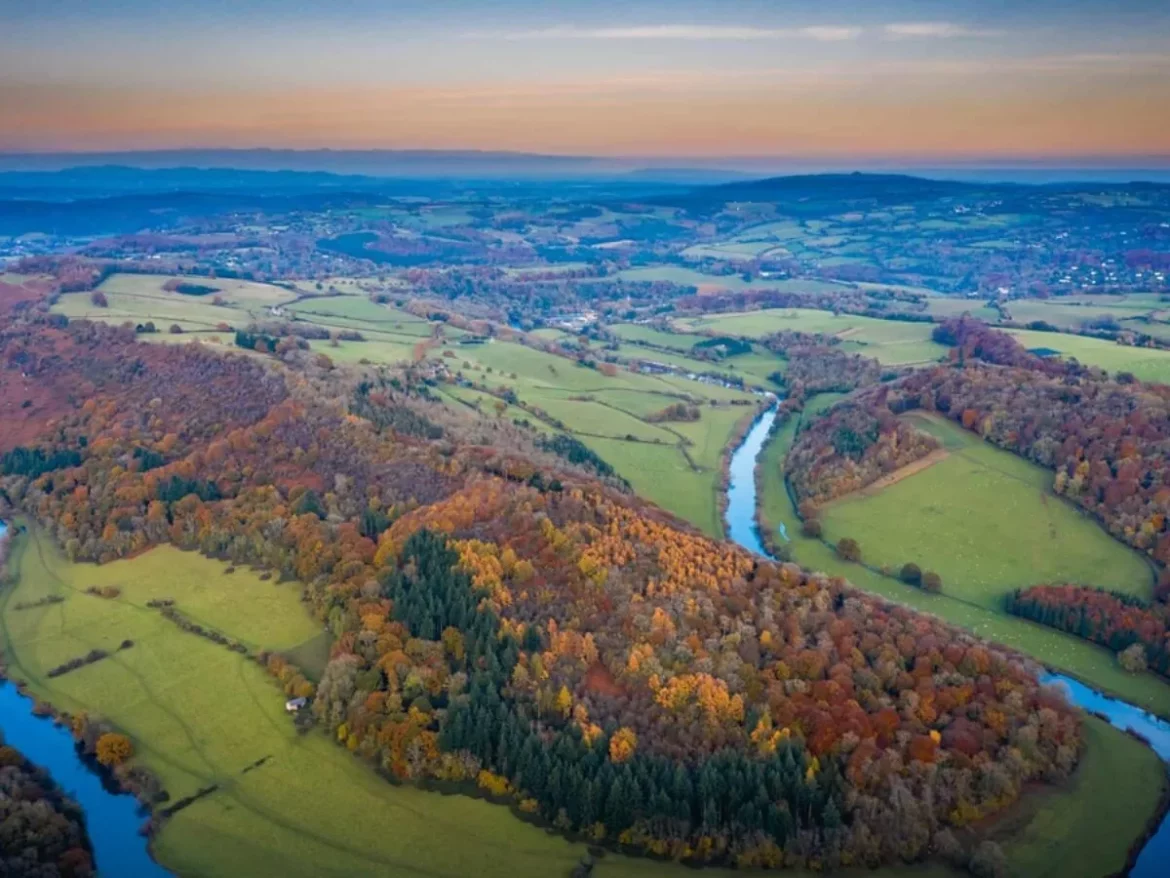The Environment Agency is currently being accused of neglect of the River Wye after a project by a conservation group found effluent and contaminated waters at free-range egg farms flowing directly into watercourses.
Available reports suggest that of 47 sites visited in England and Wales in the Wye catchment, 19 had drains running from the poultry units to a nearby watercourse. Many of the farms had drains excavated within a few metres of the sheds.
Charles Watson, who is the chair of River Action, the charity that obtained details of the advisory visits to free-range egg farms under freedom of information laws, said: “These documents show a large number of intensive egg production farms have been allowing the excrement of hundreds of thousands of chickens to run off, without any proper mitigation, straight into the river system.
“This is in clear breach of the regulations, and the bodies protecting the environment have largely been in denial while this has been going on. There has been scandalous neglect over the years.”
Read also: Oxford becomes UK’s electric bus capital as 159 vehicles join fleet
The Wye has been blighted by poultry pollution with hundreds of new production units approved in the last two decades to feed the nation’s huge demand. The condition of the river was downgraded last May after campaigners warned its ecosystem had been devastated by intensive poultry production.
The advisory visits to farms were conducted by the Wye and Usk Foundation, which works to improve the ecology of those two rivers, reports show. The visits were done in partnership with free-range egg farmers, including suppliers to Noble Foods, owner of the free-range brand the Happy Egg Company.
In an email to Environment Agency (EA) officials sent last February, the foundation said drainage water from the farms was “a pollution risk and should not be directed to watercourses”. It added that the issue was “very common and one that we have found very difficult to address”.
The charity was said to be seeking guidance as to how the runoff should be treated. It is working with farmers to improve protection of the catchment area from effluent and agricultural drainage water.
Simon Evans, who is the chief executive of the foundation, said: ‘Many of the challenges we are trying to resolve are the legacy of historic poor planning decisions, such as when the planners have insisted the units be located too close to watercourses.
Story was adapted from the Guardian.
